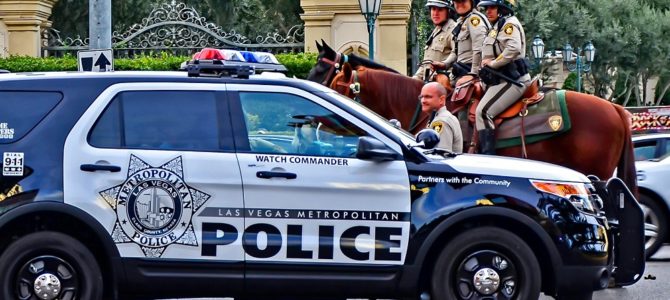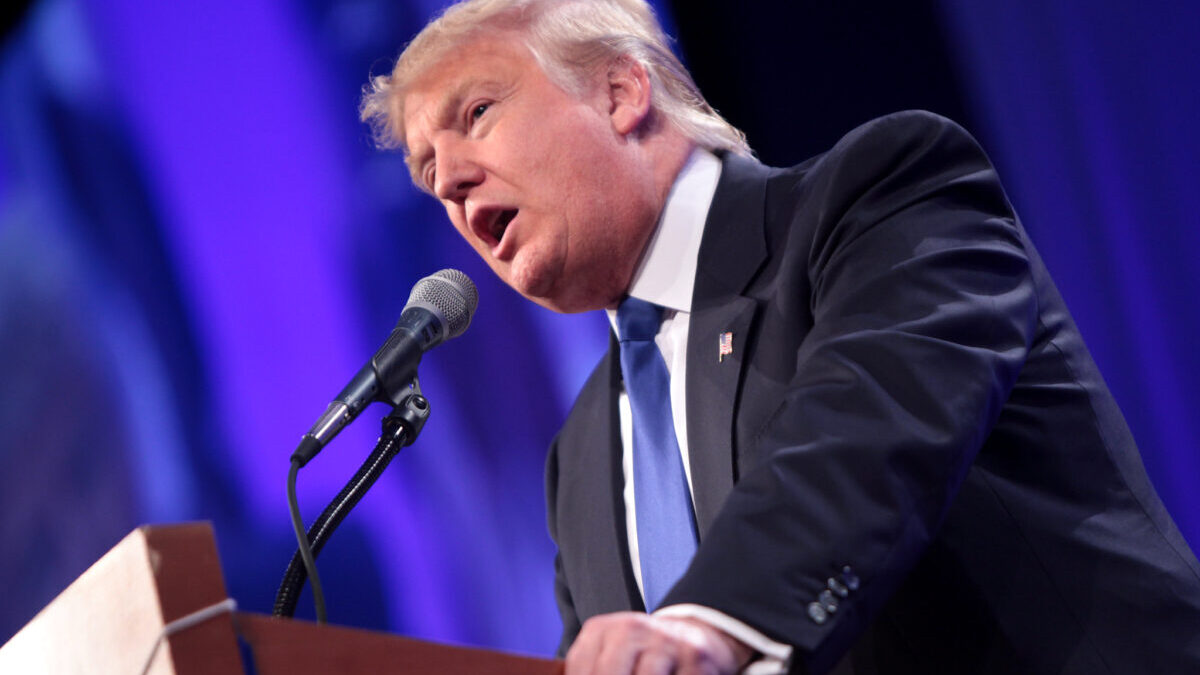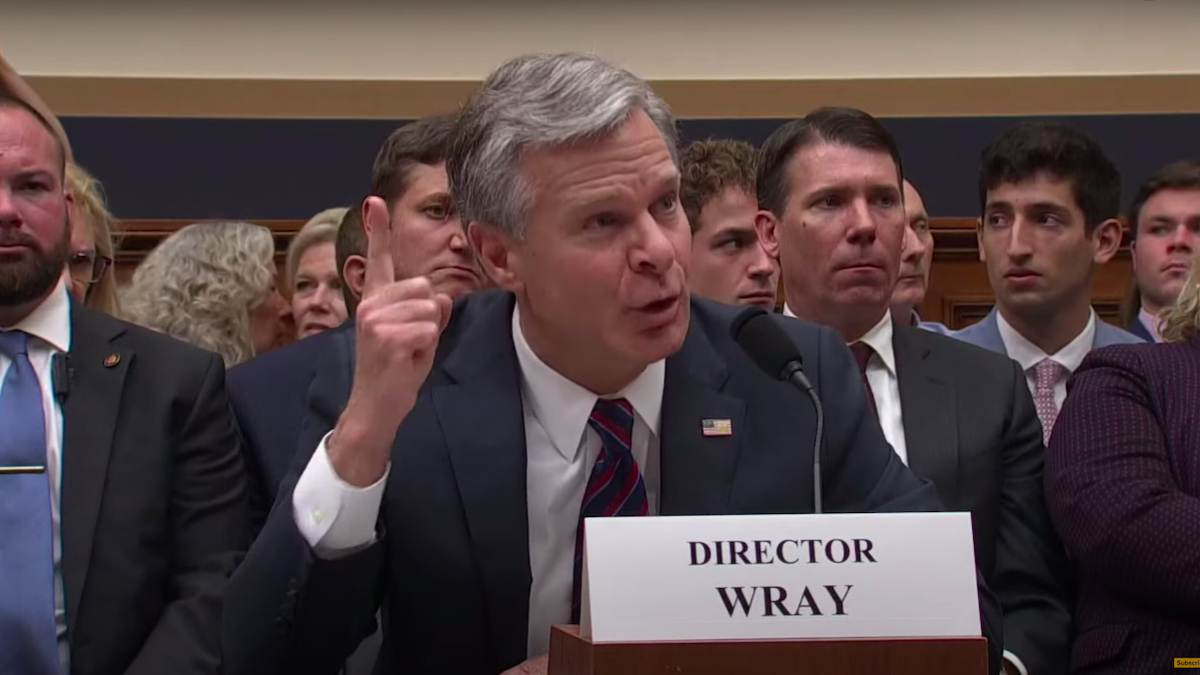
Times of crisis show us the underlying character of those involved. We see it in our politicians, scrambling for face time with major networks, or signing into existence sweeping emergency powers.
The constitutional mettle of the coronavirus-era power grabs will be a well-worn case study in the decades to come. For the average American, the actual intrusion of government—especially law enforcement—power over the last two months has exceeded anything related to even the PATRIOT Act. The orders given to police by state and local officials, and the often rigid enforcement of them, have moved perceptions of not only the lockdowns but also of the commitment to average citizens.
It’s not just police agencies becoming drunk with power—municipal officials are doing the same. Los Angeles is cutting off power and water to “non-essential” businesses that stay open during the stay at home orders.
However, many of the most blatant examples of petty tyranny come to us via law enforcement. The militarization of police departments, coupled with COVID fears, risk a de facto violation of the Posse Comitatus Act, which limits the use of military tactics to enforce domestic laws. Training and equipment acquired through millions in federal and state funding, under the guise of fighting drugs or terrorism, are now being used in a war against Americans’ constitutional rights.
Even if the means justify the ends, the use of armored police with black rifles to enforce a “suspension” of rights is nearly unprecedented and goes well beyond the original promise to “bend the curve.” The most glaring example came last week, when a West Odessa, Texas restaurant opened its doors and the Ector County Sheriff’s Department responded by raiding the restaurant with its SWAT team. Even worse, the officers utilized an MRAP armored vehicle, of Iraq War fame.
Such incidents are not isolated, and they often fly in direct contradiction to the First Amendment. Take, for example, eight pro-life protesters getting arrested for violating stay-at-home orders in North Carolina. Or a paddle boarder getting arrested for taking to the ocean in California.
Or worshippers at a drive-in church service being handed $500 citations in Mississippi. Or a bystander getting tackled to the ground and arrested by a plainclothes New York Police Department officer while witnessing an arrest. Or a father being handcuffed for playing ball with his daughter in a Colorado park. Or the NYPD detaining a mother after her daughter was seen not wearing a mask on the subway.
At the same time, some jurisdictions are using the crisis as a means of fostering lawlessness. A multitude of criminals have been released due to fears that they could contract the virus in the close confines of prison—16,000 in all. And with most court proceedings on hiatus, there is precious little that officers and prosecutors can do to act against serious crime.
The effects have been dire. In Colorado, an inmate serving for felony robbery was released, only to allegedly murder a woman two weeks later. More than 100 inmates from New York City’s Rikers prison have already been re-arrested, driving a 43 percent surge in burglaries in the city in April. The shift from punishing serious crime towards freedom of movement violations has created substantial strain on law enforcement, which is manifesting in different ways.
Even within its ranks, police departments are punishing dissent. Perhaps the most famous example is of Greg Anderson, an officer of the Port of Seattle. His viral video calling restrictions unconstitutional led to the department placing him on leave. Not far away, Snohomish County Sheriff Adam Fortney faces a recall challenge for declaring on Facebook that he will not enforce Washington Gov. Jay Inslee’s stay-at-home order.
There is some hope that the federal government may step in to stop many of the worst excesses. In the North Carolina pro-life arrests, Texas Sen. Ted Cruz spoke out against the chilling of the protesters’ First Amendment rights. In the Mississippi example, the Justice Department took the side of the church-goers. Even Attorney General Bill Barr stated that current stay-at-home orders are veering perilously close to “house arrest.”
However, the feds still pump tens of millions annually into police equipment funding—and not just for cruisers and Glocks, but also for surplus military equipment and training to transform Barney Fife into someone far less friendly and far less constitutionally sound.
Law enforcement deserves our respect. This includes the dignity afforded by disagreeing with heavy-handed policies intended more to enforce the letter of executive orders (not even the law), rather than the spirit behind them.
As long as many states flirt with the idea of a post-Bill of Rights future, the same officers we depend on now to keep the peace have a distinct choice. Their oaths include fidelity to their instructions, but far more importantly a pledge to uphold and defend the Constitution.
Our system of laws prohibits Reserve Powers for a reason. Even during a crisis, many officers and police departments will soon find that there is no moral or legal defense behind simply “following orders.”









